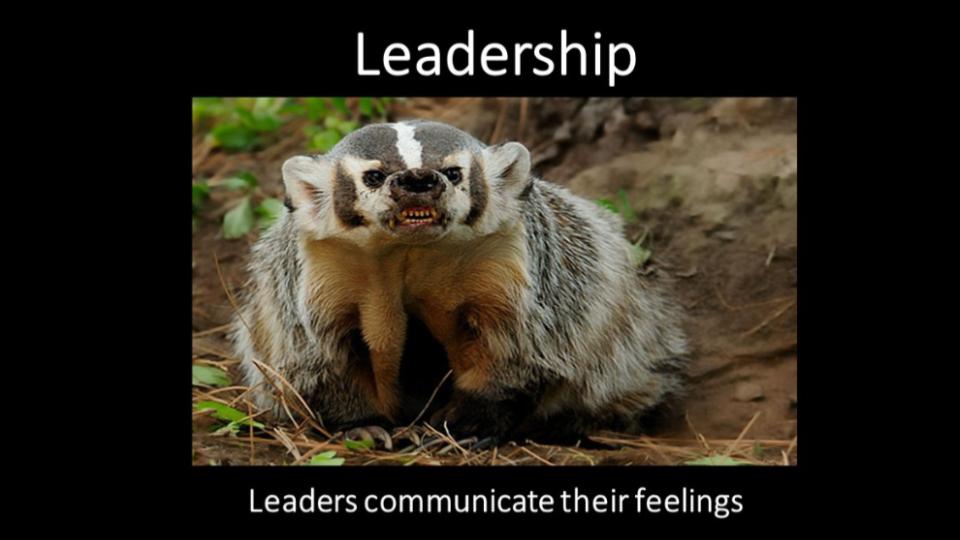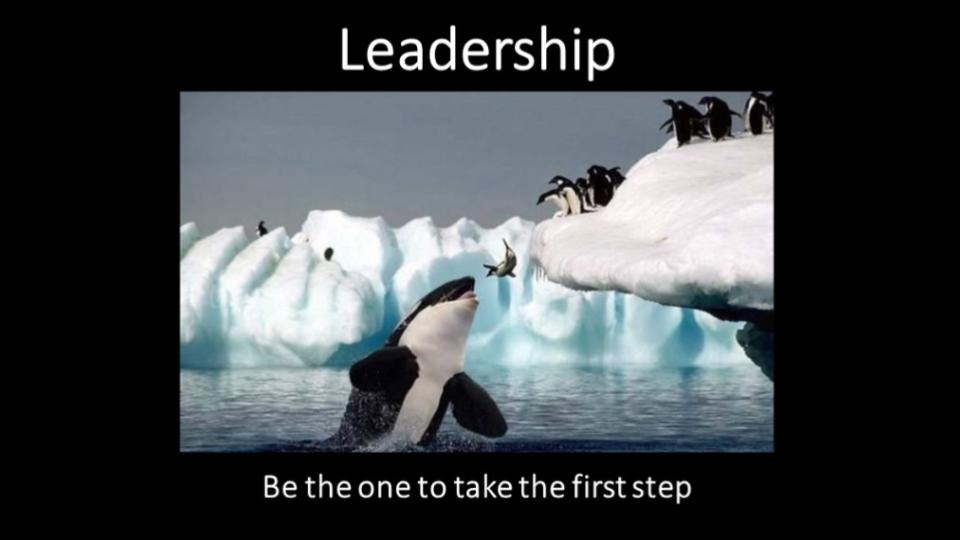Look, I am aware of the ego it takes to get up in front of people and hold forth about things, I’ve been doing that for just a little while now and I’m a Leo so it works for me (and, I hope, for the people who invite me). And I likewise think it probably takes a fair amount of ego these days to think to oneself, “You know, I really would like to lead X” where X might be a department, a trade union, a library, a university, a town, a country, or your very own piece of the interwebs.
The thing is, for it to be a good move for more than just you, the desire to lead cannot end with “I’d like to be in charge.” It really shouldn’t start there, either. I am living in a country where ‘I’d Like to be in Charge” is currently in the White House, my State Legislature, and also occupying the majority of both national Houses of Congress. ‘‘I’d Like to be in Charge” with an added dollop of “Don’t Tell Me What to Do” is currently riding roughshod over the social contract in the UK as well as in the US, deciding that coalitions are for losers and that caring for the welfare of other people is a sucker’s game.
There are likely several ways to be a toxic leader but this highly- visible -at- this- particular- moment model of “Leadership for the Sake of Me and Screw You Guys” (even as the rhetoric of these leaders is about countries, groups, people, institutions) is to my mind one of the most toxic. Leadership for personal gain serves no one but the person in the leadership position.
That’s not the kind of leadership we need, if we are concerned about our society. Or any other collection of people.
So when I and my ego get up in front of people in leadership positions in education next week, I want very much to swiftly reach a point where we are NOT talking about them as individuals.
Even as I recognize they are people.
Even as I emphasize that their humanity is a crucial part of their leadership potential.
In the Jisc Digital Leaders course I will be resisting any requests for to-do lists, or top-tips around practice. I will be attempting, even as I get people to talk and think about themselves, to center other people in the minds of the participants. Many of them will show up already with this orientation. We start people off with examining their individual practices because that’s an important way in to thinking about the logics of those practices, and the logics of other people. We move from mapping their individual digital and physical practices to a broader consideration of their organizational practices and priorities because that should be the point when you are in a leadership position: everything except yourself.
Who you are as a leader is to some extent about you as a person, but effective constructive leadership is also about what you would like to do, and for whom you would like to do these things. Leaders should value the voices of others, and de-center themselves as much as possible because collective action is effective action, and requires many, not few, or one person’s priorities. Leaders should give more credit than they take, because they are confident enough in themselves and the strengths of their team to allow others to shine and pull their weight, and be seen and heard.
When I think about effective leadership, I recognize the importance of leaders bringing their own particular set of expertise to their work. I also want leaders who don’t know everything, but are willing to learn. I want leaders who don’t have to do everything, and who trust enough to delegate. I want leaders who know enough to let go of control, because none of us really have it anyway. We need, collectively, leaders who can see the places where they can and should work towards change in their organizations, in their communities, and recognize the need to do so collectively, and decidedly not from a place of “Good Thing I’m in Charge.”
I am looking forward to the work and conversations we engage in next week. And hope the work continues beyond the confines of the course itself. The course is ostensibly about “Digital Leadership” but our need to create and sustain effective, constructive leadership models is about more than digital places and practices. We need them as a counter to the toxic leaders we have facilitated in the past, and which threaten us now.

